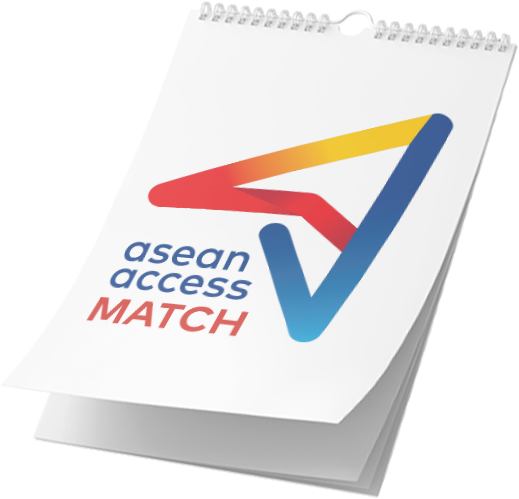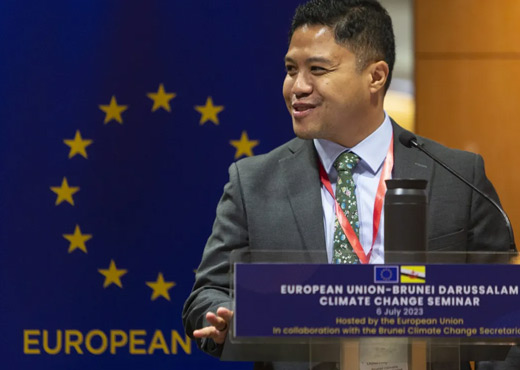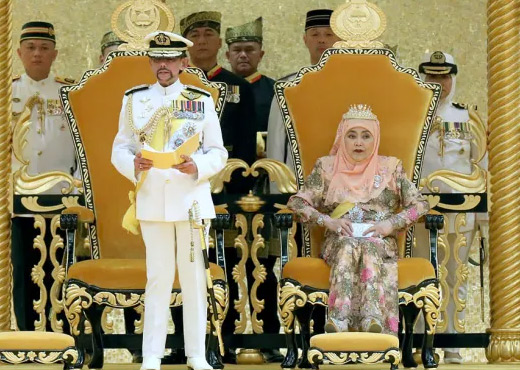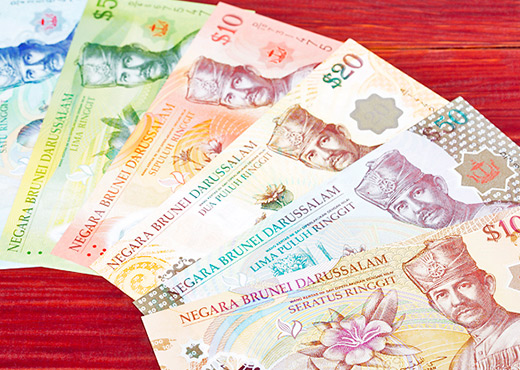Energy Absolute Plc, a Thai company, is partnering two major Chinese battery manufacturers, Eve Energy Co Ltd (Eve), and Sunwoda Mobility Energy Technology Co Ltd (Sunwoda), to conduct a feasibility study on establishing battery cell plants in Thailand.
Energy Absolute deputy CEO Amorn Sapthaweekulof said that EA has signed memorandums of understanding (MoUs) with Eve and Sunwoda, both large battery manufacturers in China, who are interested in expanding the battery market in Thailand.
The partners would jointly study and set up battery cell production plants with a capacity of 6 gigawatt hours (GWh) in Thailand, he said.“The results of this study are expected to lead to the establishment of high-capacity battery cell production plants with competitive costs in the electric vehicle (EV) and energy storage system industries, to meet the demand for batteries in EA's group of companies and in the Thai and Asean markets. This move will support the manufacturing of electric vehicles in Thailand with continuous investment,” he added.
After the successful completion of the feasibility study, EA plans to announce Amita Technology (Thailand) Co Ltd as a partner from China to build a Prismatic Battery Cell production plant using advanced automated manufacturing technology with low raw material costs from a Chinese partner with complete raw materials supply chain. The goal is to develop new batteries that are efficient and highly safe, including expanding battery pack production to achieve production costs close to those of batteries manufactured in China, he said. This factory will produce one of the largest battery cells in Thailand and cater to the battery demand in Thailand and Asean. The target clients will be EV manufacturers and energy storage system manufacturers. The initial production capacity will be 6GWh per year in Thailand to support the 30@30 policy, he said.
This policy stipulates that Thailand must boost manufacturing capacity of zero-emission vehicles (EVs) by 30% by 2030. The 30@30 policy also promotes investment in battery production for electric vehicles by the government, making this project feasible and instilling confidence in the investors. Therefore, the government should implement measures to accelerate and promote this policy to help Thailand become a centre for lithium-ion battery production and a leader in the electric vehicle industry in Asean in the future, Amorn said.
Eve is the third-largest lithium-ion battery technology service provider in China, with a production capacity of around 360GWh, using state-of-the-art technologies for Internet of Things (IoT), electric vehicles, and energy storage systems. Eve provides services to leading global car brands, such as BMW, Daimler, Hyundai, and Jaguar Land Rover, with sales bases expanding to the United States, Germany, Malaysia, and other regions. It is also one of the top 10 leading companies in battery installation services.
Sunwoda is the fifth-largest lithium-ion battery manufacturer for EVs in China and ranks ninth in the global market, with a production capacity of over 100GWh per year. Sunwoda plans to increase its capacity to 138GWh by 2568 and aims to enter the European market and establish battery production plants in Hungary. Sunwoda is recognised as a fast-charging battery manufacturer and has been ranked in Tier 1 of the benchmark for battery manufacturers for car brands like Dongfeng Maxus, Geely, Li Auto, Huawei, XPeng, Renault, and Nissan.
Source : THE NATION THAILAND
























